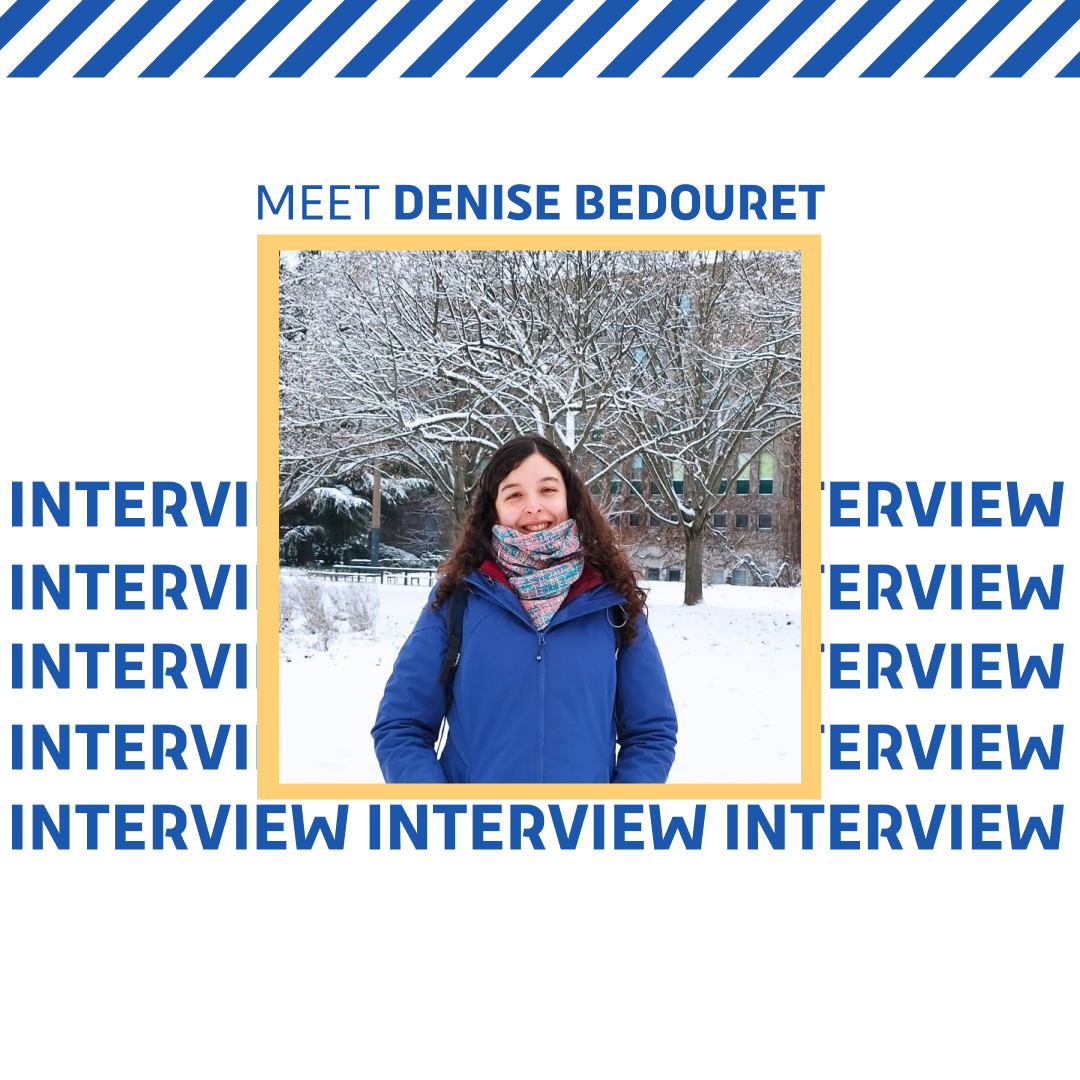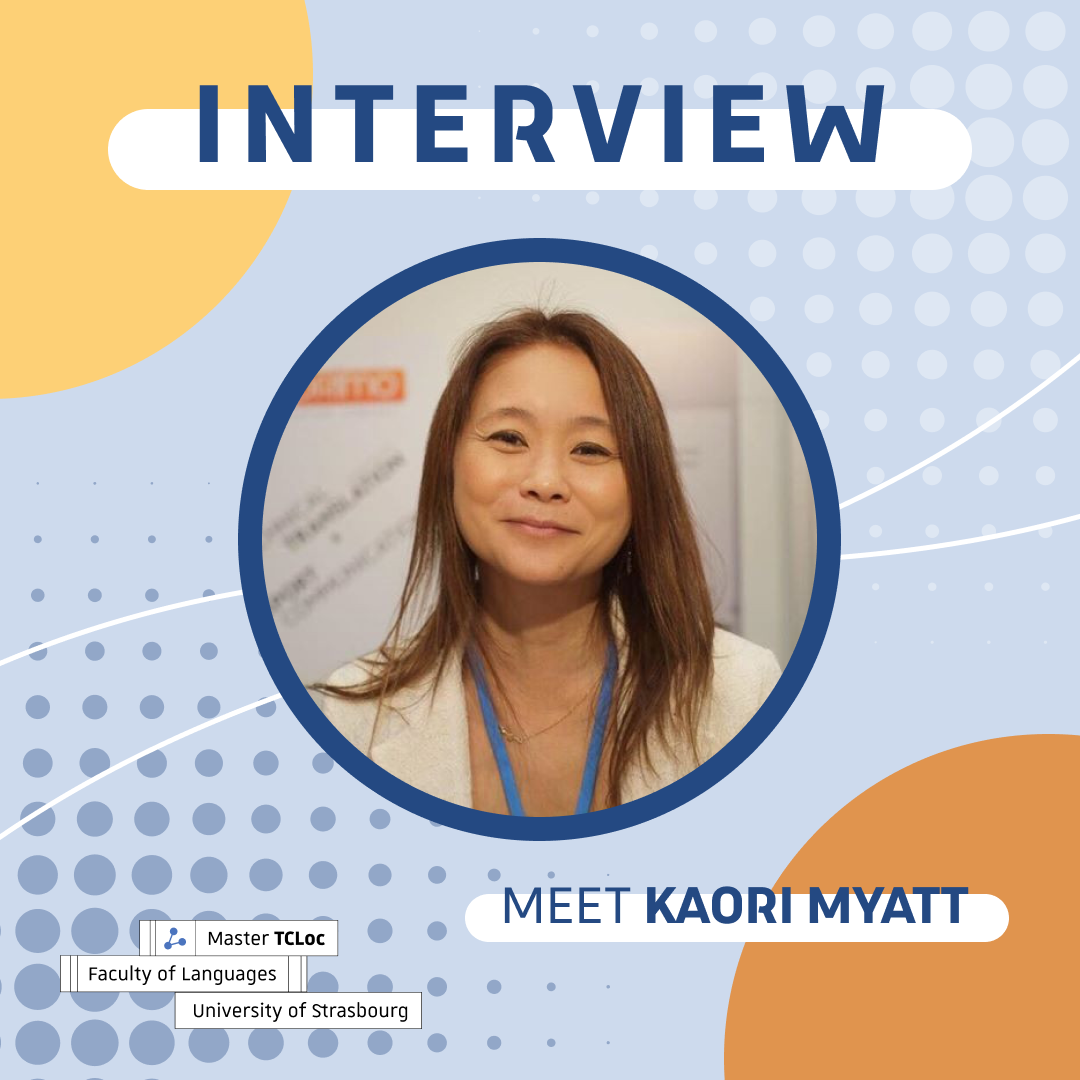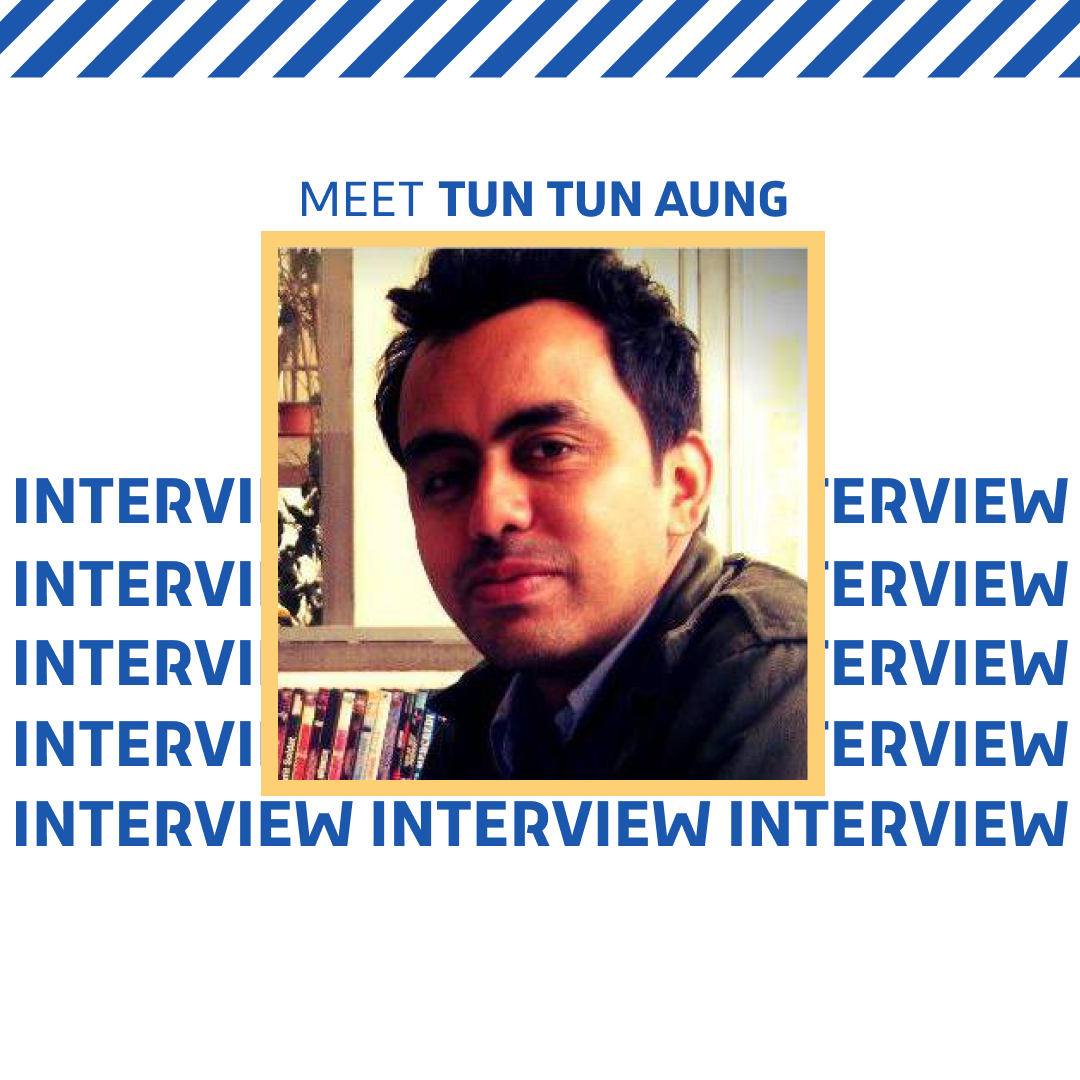We are here with Denise, a TCLoc alumni. Denise, could you please introduce yourself?
“Hi. Sure. My name is Denise; I come from Argentina. I’ve been working in localization for about nine years now, but I’m originally a translator. I studied English translation at the university in Argentina and started working as a Project Manager. Most of my training after university and before TCLoc was on the job. I did some courses: for example, I have a CAPM certification from the Project Management Institute, which I did four years into my first PM job to get a certificate for my PM skills. After that, I started looking for something more academic, and that’s when I found TCLoc.”
Could you tell us about your experience in the TCLoc Master?
“I would say the TCLoc program is very special. So much about it was different from how I imagined it or even the experience I had in my undergraduate studies. But it was a very good experience, especially because it is remote. You can do much of the work on your own time at your own pace. Even if it means long hours and a lot of work, you can manage it yourself, and I was working full time while studying, which was really helpful.
You also had the opportunity to network with teachers and students from all over the world. In my intake, we had people from India, Europe, the United States, Argentina, and Russia, and even though we were all in different locations, we got together to talk. Sometimes, we had little video calls to discuss assignments or cheer each other up – it was great.
The instructors come from different backgrounds, too. Some come from the localization industry, others have more of an academic focus, which is an interesting diversity when doing a career-oriented master’s. The fact that the program is provided partly by Strasbourg University and partly by Tekom is also interesting. The Tekom certification accounts for a large part of the hours and the credits, and it’s hard work. There’s a lot of information to process.
But I guess because it was new to me, since I come from localization, and love to learn new things, it was positive to have a different field of study that I could get fully into; it was not just localization. It stoked my curiosity, and I really enjoyed it. By the way, I have to say documentation is really important for project managers, and knowing how to do it professionally has absolutely changed how I write. So I would say overall I had a great experience.
As a side note, my first year of the program coincided with the pandemic. We all know those were hard times, but I had the master’s and the TCLoc community to keep me company, and I really appreciated that. Eventually, the lockdown ended, and time and courses went by, and we closed it all off with the graduation in Strasbourg. That was the cherry on top of the cake.”
Do you have a favorite class? And why was it your favorite class?
“All of the classes brought something different to the table. I liked that they were all so diverse. My preconception coming back to the academy was that you’d have courses that are more or less related and revolve around the key topics of, say, language, translation and literature.
But in this case, you had graphic design and web development; you had so many different subjects, but I would have to say that my favorite one was Content Strategy, Hilary is such a great teacher. Her class is organized very clearly; we get to see so many tools, and you can apply what you learn immediately.
Another favorite for me was SEO, also a very interesting subject – it was fun to learn how to write and optimize articles for the web and learn about search engines, keywords, and ratings.”
How has the TCLoc master helped you in your professional life?
“I guess I didn’t expect to come out on the other side of the master with such a breadth of knowledge. You know you’re going to learn. But on some level, I thought it was going to be encyclopedic knowledge. For example, my undergraduate studies were mostly theoretical and not as industry-driven, and I guess that is to be expected. However that was not at all what happened with the master’s program. I would say that the single most important contribution of TCLoc to my professional path is this breadth of practical knowledge. It has opened doors beyond localization, in a way. I feel it’s a very good match to how the industry works.
Localization is cross-functional, right? So you need to know how to work with designers, developers, content strategists, and technical writers, and you need to understand their contributions to the overall ecosystem. Now I feel better prepared because I understand my colleagues’ jobs better, even though I’m not an expert in content strategy or documentation. Those are the most important takeaways. You come into a master’s program partly for the certification of knowledge, of course, but to have the degree and to also have it paired with something that is immediately useful to your everyday work, that’s just priceless.“
Can you talk a bit about the job situation of LSP and TCLoc?
“My previous job was with a French translation company, and now I am working at an Irish company, Vistatec. I think the TCLoc master speaks to this idea of a global workforce. A few years ago, you would typically have everybody going to the office, and many or most job positions were filled on site. Many roles were not available for people in Latin America, for example. So I think this master reflects that. It flows well with the changing work trends, with companies now starting to understand that they can tap into a global talent pool and find amazing talent anywhere.
Having a program like this cater to people everywhere kind of marries into that very well. It prepares us better for that kind of job configuration; I guess you could say the TCLoc master is on the front line because it is going the way the world is going, and I feel like this provides a better opportunity for professionals who come into TCLoc to insert themselves in the global workforce.
It’s a funny mix and match if you think about it – I’m from Argentina, but I studied and work with people from all over the world. It’s like a “melting pot” where the cultures mix. You are in the middle of all those cultures, developing your multicultural profile as a student. We learn so much from that, even on a personal level. It’s a way of being open about the world, and I find that really valuable.”
Finally, do you have any advice for future students who want to enroll in TCLoc?
“Two things. First: sit down and do the work. It’s long hours and hard work, but it’s worth it. Second: Stay motivated; for that, you can build a network with your peers. Talk to the mentors, alumni, Renate, Valerie, and everyone in the program who are really nice and will be happy to help you. And enjoy it, because it’s a rewarding experience.”



